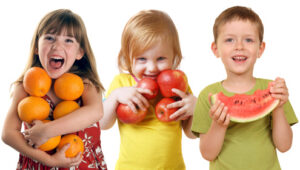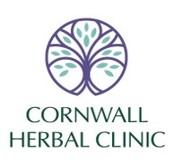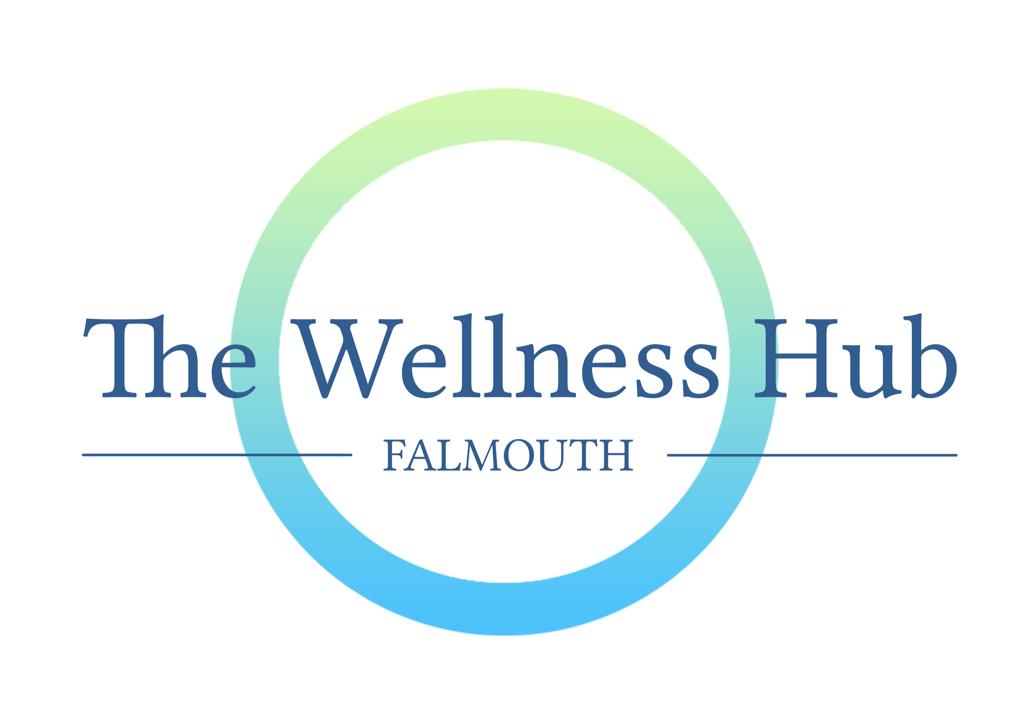
Treating children with herbal medicine

Anyone with children will have experienced times when they seem to go down with one thing after the other – a cold that develops into a lingering chesty cough, a gastrointestinal infection, earache, a rash, loss of appetite, a sore throat – the list goes on. While we acknowledge the extremely important role of modern medicine and life saving drugs including antibiotics, there are times when a more natural, gentle and supportive approach using herbal medicine may be more effective in bringing relief and supporting long term health.
Food as daily herbal medicine
There are many ways that herbs can be administered to children to affect them beneficially. The most obvious way that herbs can be taken is in daily diet. Salads with basil, coriander leaves, rocket and parsley, vinaigrette with garlic, fish with dill or sorrel, new potatoes with fresh mint, casseroles with bay leaves, biscuits and curries with ginger and pizza with oregano are often unknowingly our daily medicine. As the foods are absorbed from the digestive tract, the therapeutic constituents of the herbs enter the bloodstream and then circulate round the body and help to maintain health.
Dill, Chamomile, Lavender and Elderflower
At times when a more focused medicinal action is needed, herbal infusions can be sipped hot or cold throughout the day or added to juice or smoothies. For example Dill seed infusion releases tension and spasm in the digestive tract relieving colic and wind, indigestion, nausea and constipation as well as diarrhoea. Dill is an important ingredient in the famous Gripe water, used by generations of mothers to relieve babies’ colic. You could combine this with Chamomile, another excellent herb for the digestion which is also slightly sedative. Or, make up a litre of strong chamomile tea, cool it slightly and add it to the child’s bathwater to promote a good night’s sleep. In fact herbal baths are a really good method to use for babies and children because the herbal constituents are absorbed across the skin and into the bloodstream. A lavender bath, using dried flowers or a few drops of lavender essential oil can reduce anxiety and restlessness in a child. For early signs of a fever, a warm tea of elderflowers will promote sweating and bring the fever down naturally.

Stay safe – consult a medical herbalist
Above are just a few examples of ways in which you can use herbs with your children for first aid and to maintain health. If your child has a more troublesome condition, a consultation with a qualified medical herbalist is advisable in order to understand the cause of the problem and obtain an individualised treatment plan incorporating diet and effective, safe, medicinal grade herbal products.
Of course if your child is very unwell and you are concerned you should not delay in seeking medical help. Your herbalist is trained to know when to refer a child to the NHS.
Children’s herbal consultations at the Wellbeing Hub
I offer lower cost consultations for children at the Wellbeing Hub every Tuesday afternoon. Book online or contact me on 07947908376 for chat about herbal treatment.
Contact Carole at Cornwall Herbal Clinic
Carol Thorogood (Medical Herbalist)
07947908376


